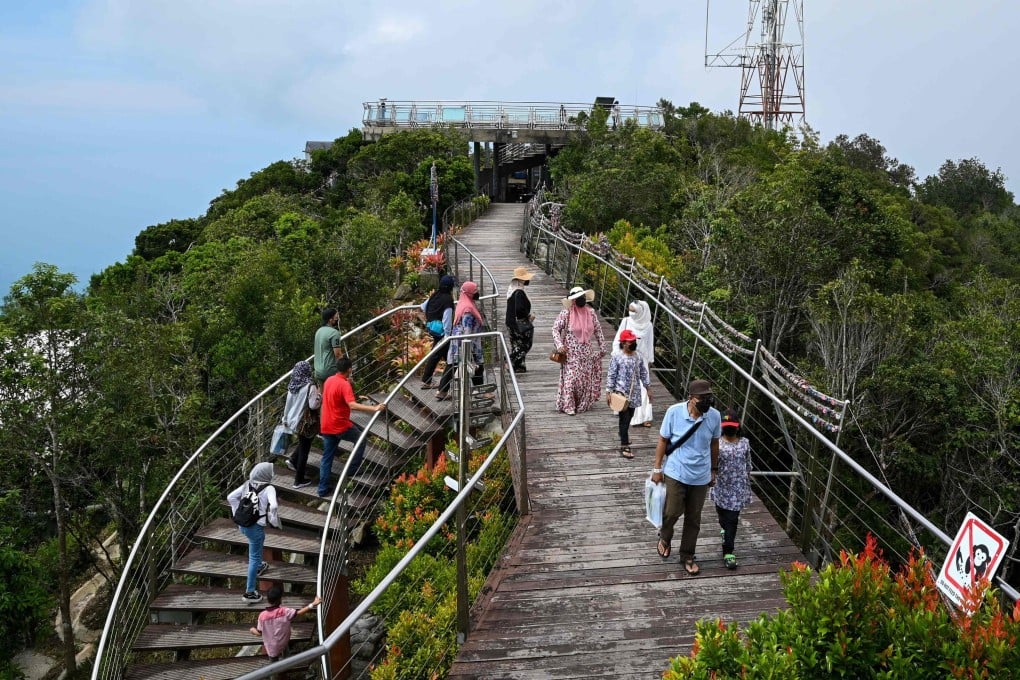Malaysian conservatives clamp down on bikinis, booze, gambling as tourists return
- Kedah is banning gambling and alcohol in a blow to Langkawi’s tourism recovery, while Melaka says bikinis are ‘only suitable for the bedroom’
- The states are governed by conservative Muslims, who won big in Malaysia’s recent general election and are seeking more dominance in state polls

The PAS party – with its iconic green banner – blindsided pollsters in November by sweeping up 43 seats, including 14 out of 15 in the increasingly conservative northern state of Kedah, where gambling is now banned.
Chief minister Sanusi Md Nor said the Kedah government would also go after the sale of alcohol, particularly in Langkawi, a popular tourism hub with a tax-free status.

“We also discussed tax-free shops in Langkawi … we hope there won’t be any open sale of alcohol, and limited to just non-Muslims,” Sanusi said, stressing that he feared divine judgement for allowing vice to thrive under his watch. “While I have power, I better use it [so that, if] things that are bad for people, we best avoid.”
While the state government claims the ban is for the public good, observers see it as a bid by Perikatan Nasional – the coalition PAS is part of – to position itself as the champion of Islam ahead of state elections which need to be called by August.